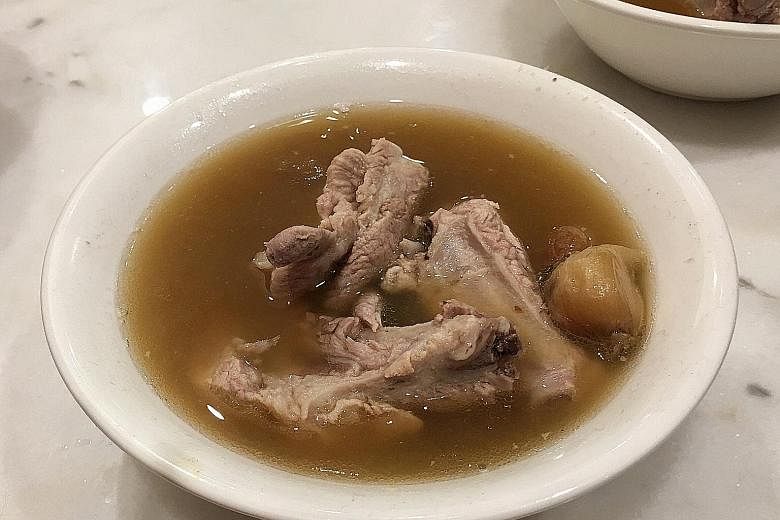SINGAPORE - There is still a misconception that pork is white meat, said dietitians, responding to a study of more than 60,000 Chinese adults in Singapore which found that eating more red meat is linked to an increased risk of kidney failure.
Almost all of the red meat eaten by study participants was pork. Cooked pork is lighter in colour compared with other red meat such as beef and mutton, which may have led to the misconception, dietitians said.
However, they noted that pork is classified as red meat because it contains a higher myoglobin content in the muscle tissue, compared with other white meat such as fish and chicken.
The study, which was conducted over a period of 15 years and its findings released this month (July), found that replacing red meat in one's diet with other types of food containing protein is associated with a reduction in the risk of kidney failure.
Replacing one serving of red meat with one serving of poultry was associated with a 62.4 per cent reduction in the risk of end-stage renal disease, which requires dialysis or a kidney transplant.
Replacing one serving of red meat with one serving of fish was linked to a reduction in risk by 48.6 per cent, while replacing it with a serving of eggs was linked to a 44.9 per cent reduction.
The dietitians advised people to eat a well-balanced diet with sufficient - but not excessive - protein.
"Excessive intake of protein stresses the kidney (while) too little can lead to muscle wasting," said Ms Jaclyn Reutens, a dietitian from Aptima Nutrition & Sports Consultants. Besides protein, minerals such as phosphorous, potassium and sodium need to be well controlled to avoid overloading the kidneys, she added.
Dietitian Louis Yap from Parkway East Hospital said that individuals with kidney problems should consume a diet low in fat and salt, and make choices on food and portions based on their specific medical conditions. For example, people on dialysis treatment have a slightly higher protein requirement than healthy people.
However, eating red meat can be beneficial in certain circumstances. For instance, those with chronic kidney disease commonly suffer from iron-deficiency anaemia - a lack of iron in the body which reduces the number of red blood cells - and eating red meat, which generally has a higher iron content than white meat, can boost their iron intake, said Mr Derrick Ong of Eat Right Nutrition Consultancy.
Some consumers like Mr Alvin Pang, 53, who frequently eat pork, are not too worried about the study's findings. "I eat mostly chicken, fish and pork because they are readily available, but it's all in moderation and I hardly eat other kinds of red meat," said the lecturer, who does not have any kidney problems.


